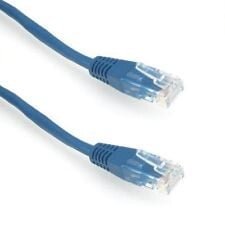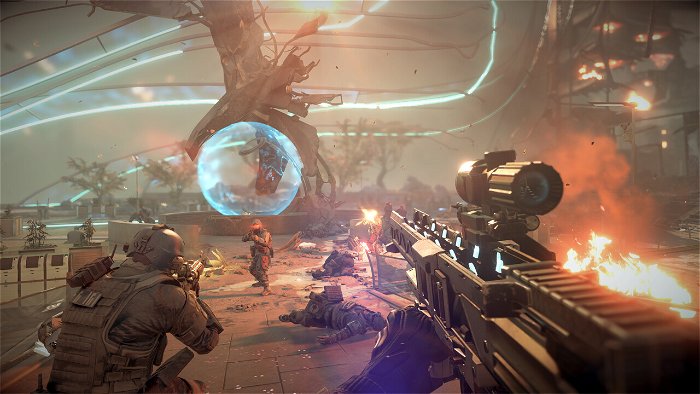So, we’ve got new consoles coming out. The next-generation is characterized by the rather grandiose claim that the new console hardware will be more similar to PC systems than ever before, thus bridging the objective power gap between the markets.
I see no reason to doubt this claim, or feel threatened by it. If anything, this will make games more accessible across platforms, and will help to unify players across various systems (and eliminate embarrassing compatibility issues like Skyrim‘s PS3 version). It does raise the question, however, of the reliance of new consoles on the Internet – and whether they will tax our internet connections further.

In a quote from Microsoft about Internet requirements: “For an optimal experience, we recommend a broadband connection of 1.5Mbps ([megabytes per second]. (For reference, the average global internet connection speed as measured recently by Akamai was 2.9 Mbps). In areas where an Ethernet connection is not available, you can connect using mobile broadband.” Currently, the Xbox 360 requires 1 mbps download speed and 200 kbps upload. PS4 requires 300 kbps download speed and 250 kbps upload speed. It should be noted, as well that the connection speed averages for individual countries (particularly those known for buying many games) are considerably higher, roughly around 10 mbps or so.
However, these are actually more like the minimum requirements to run games online, rather than the optimum, and will probably chug like a train. For reference, this is well below the listed download speeds for even the lowest high-speed internet and shouldn’t be a real problem for a lot of people. The cheapest Canadian packages I could find were around four to five mbps, with less than 1 mbps upload and roughly 20 G of total monthly download. That’s not including dial-up, which is barely a consideration already and stands to fall over 50% short of the minimum.
The Akamai report for Q2 2013 also lists Canada with 80% of Internet users possessing over four mbps. Most broadband services seem to linger between 30 and 40 dollars for the minimum package, which meets the basic speed requirements and then some but has an extremely low monthly download limit that makes me nervous. Also, areas in which an Ethernet connection is not available are pretty broad. Rural areas don’t have the option of cable internet in most cases and rely on stuff like satellite connections (which are expensive and limited). They’ll suffer a bit more with this here, particularly with latency involved, and may require an upgrade, especially since game size is no longer as limited on consoles, in comparison to PC.

As a reference, Killzone: Shadow Fall, a next-gen game, has been estimated at somewhere around 50 GB in size. As reference, the lowest broadband connection I found is less than half that per month. If you’re buying the physical disc, it’s not really as much of a concern, but if you plan to go digital with future purchases, then you’re going to probably want a high monthly download limit, which costs more money.
Consoles rely on the Internet more than they ever did, in order to remain competitive with easily upgradeable PC systems. Cloud functionality is the norm and allows for certain assets to be stored off-site to free up the fixed space on your machine. Sadly, this exacerbates the problem as systems will have to access more and more content off-site if Cloud functionality is used, increasing the strain on Internet usage.
In addition, the inability to upgrade a console becomes a factor in your internet usage. Microsoft’s strategy to handle system improvement relies on off-site connection and support, improving the capacity by accessing online resources. This will require an internet connection, of course, and will invariably require some degree of continuous download – perhaps not a lot, but it will be a factor. Depending on downloaded patches and how much of your total bandwidth per month you use for this, it could start costing money. That doesn’t even consider downloading games online, and even with a hard copy, you’ll have DLC possibilities on top of mandatory patches. The hardware itself will need to update its OS as well, something we’ve already seen with the Wii U and have been warned about for the Xbox One. The future now entails a day one download, with several others likely to follow.
While Xbox no longer requires constant Internet connections, and PS4 doesn’t either, many features such as the online network still rely on them. If there are plans to offload graphics support and processing speed to an outside server, you’ll need to be connected. Having a decent monthly bandwidth limit will be even more of a concern.
The increase in online activity for the future is significant but probably won’t break a ton of people. Knowing about it, however, will help and manage your already game-taxed connection.




